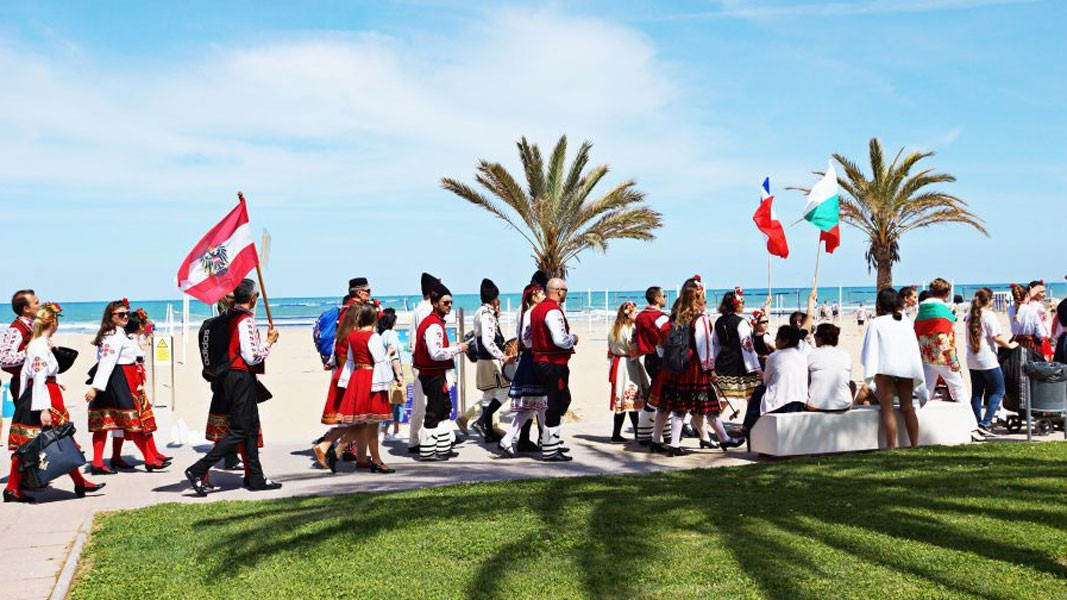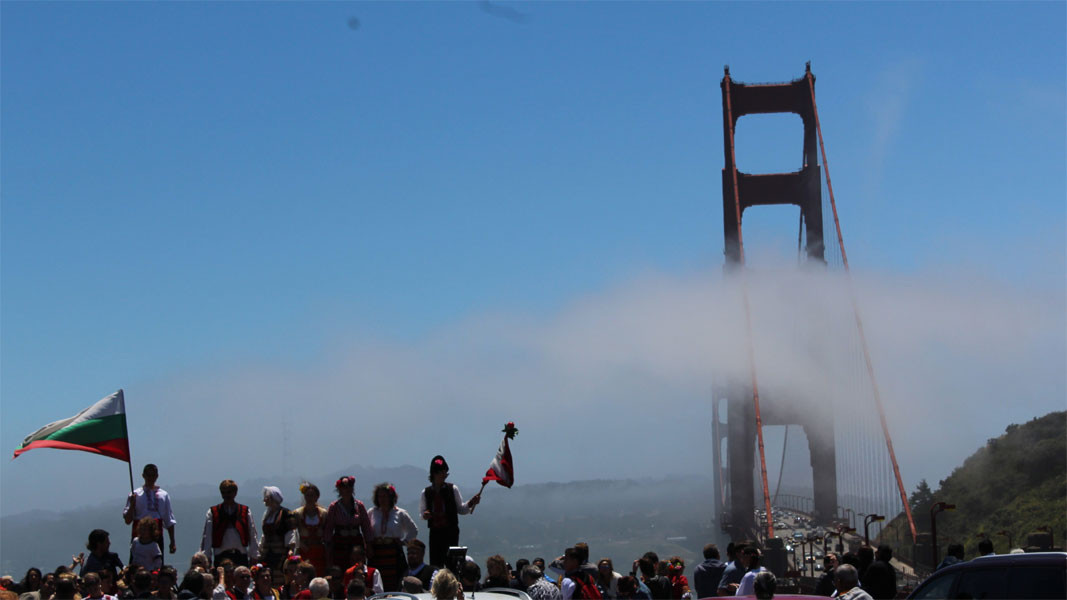21 May is a United Nations–sanctioned World Day for Cultural Diversity for Dialogue and Development – a day on which various initiatives are launched to promote respect and acceptance of different cultures.
In our day the most vigorous ambassadors of Bulgarian culture abroad are our compatriots who live outside the bounds of the country. They are the people who represent Bulgaria and what it stands for in the communities where they live.

“Bulgarians abroad keep the bond with the language, with tradition alive, and that is something we see among the older emigrants but also among their children however different the social contexts in which they live may be,” says Assoc. Prof. Nikolai Vukov from the Bulgarian Academy of Sciences’ Institute of Ethnology and Folklore Studies with Ethnographic Museum of the.
He is a member of a team which conducted a large-scale study of the cultural heritage and the establishment of various institutions by the Bulgarian historic and modern-day migrant communities. Besides the relatively well-studied Bulgarian diaspora in Europe and USA, the researchers also focus on migrant groups in South America, the Middle East, Africa, Australia, Canada etc., which have so far gone practically unstudied.

Even though modern means of communication have made the world so much smaller, making it much easier to keep in touch with one’s native country, there are all kinds of difficulties our fellow countrymen encounter in their endeavour to preserving their cultural identity. These problems vary, depending on the different cultural, political and social contexts, that is what makes it difficult to make generalizations.
“Still there are some obstacles they have in common and they are connected most of all with the concentration and consolidation of Bulgarian emigrants abroad,” Assoc. Prof. Vukov says, and explains that when communities are concentrated around a nucleus they have a more compact presence in the respective country or city. Another important factor is how the local country is helping emigrants through various legislative, cultural and political measures – opportunities to create national emigrant institutions within the foreign context. All of these difficulties accompany the process of creating, establishing and maintaining Bulgarian institutions abroad. These institutions are a principal factor for preserving the Bulgarian cultural heritage abroad.”

The Bulgarian schools abroad, the church communities and the cultural centres are just such important institutions as they are the focus of different kinds of activities connected with keeping traditions alive.
“Often these institutions are self-organized, when they are not in partnership with the Bulgarian authorities. They come as a result of an inner need to maintain a network of fellow countrymen in a foreign country and a desire to create institutions for these activities so that the practices of keeping tradition alive may be sustainable in spite of the different context in a different country.”

However different the practices connected with the establishment and with maintaining community life in the different countries of residence may be, there are a number of practices, connected with their bond with Bulgaria that the Bulgarian communities have in common – the major holidays and a broader spirit of empathy for the Bulgarian community as such. This is demonstrated in the film “Ambassadors of spirituality”, which includes field research videos from this large-scale study of the Bulgarian diasporas on four continents.
The international wine festival "Bolgrad Wine Fest" is opening today in the unofficial capital of ethnic Bulgarians in Ukraine - Bolgrad. The two-day event will be held at the Center for Culture and Recreation. For the first time, within the..
The 33rd Bulgarian polar expedition is heading to Antarctica to continue its scientific research in cooperation with scientists from different countries. For the first time, travelers from two Balkan countries - Greece and Montenegro, as well as from..
The program of the Orthodox Book Week offers meetings with authors, publishers and translators of Orthodox books from the last few years. The event is held until November 10 at the ''St. Procopius of Varna'' Church, with meetings taking place every..
An innovation for the treatment of diabetic foot ulcer using the patient's own tissue and artificial intelligence has been implemented at the University..
The residents of Pleven (Central North Bulgaria) will bid farewell to 2024 with a Christmas Town and meetings with Santa Claus. This year's festive..
Modernizing critical thinking skills, fact-checking skills and media literacy are essential for society, especially for young people in Bulgaria - the..

+359 2 9336 661
